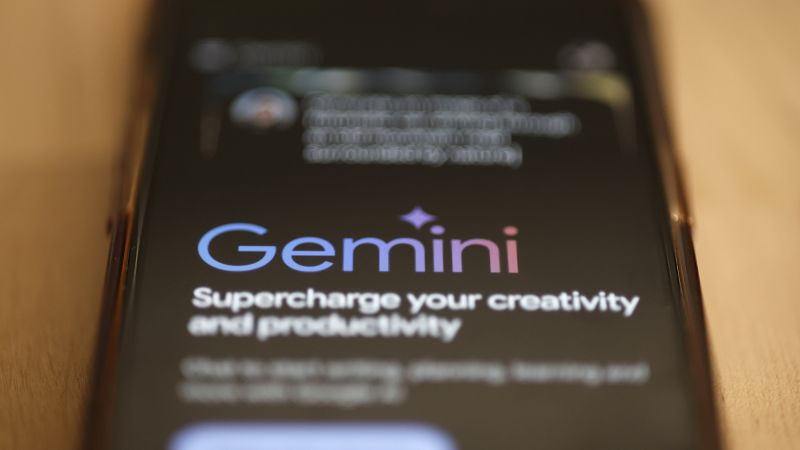A recent Google ad showcasing the use of artificial intelligence to generate a fan letter for a young girl’s favorite Olympic track star has sparked controversy and backlash online. The ad demonstrates the AI tool’s capability to generate human-sounding text, a feature that Google has been promoting for various uses such as writing work emails or trip plans. However, many critics view this as a missed opportunity for encouraging creativity and authentic expression in children, rather than relying on a computer-generated message.
The backlash against the ad highlights a broader fear surrounding the impact of artificial intelligence on various aspects of human creativity. Tech companies have promised that AI will make our lives easier by taking over menial tasks, but some worry that it may also replace traditionally human creative outputs such as art, music, and storytelling. This has led to concerns from creatives, including musicians and visual artists, who fear being replaced by AI technologies. The issue was also a central point of contention in last year’s Hollywood writers’ strike.
Despite the concerns raised by critics, tech companies continue to develop and roll out AI tools that can create new emojis, generate speech, and even produce videos. However, some experts like Shelly Palmer, a professor of advanced media, argue against the future that tech companies like Google are advertising. They believe in living in a culturally diverse world where individuals use AI to enhance their human skills rather than being manipulated by AI pretending to be human. The introduction of AI tools into various aspects of our lives has raised questions about the potential impact on human creativity and expression.
Earlier this year, Apple faced backlash for an advertisement that showed symbols of human creativity being replaced by an iPad Pro, prompting the company to apologize for missing the mark. Similarly, Google did not respond to requests for comment regarding the backlash to the Gemini ad. The use of AI in creative processes continues to be a controversial topic, with concerns about the potential impact on human expression and creativity. As AI technology becomes more integrated into various products and services, the debate around its role in enhancing or replacing human creativity is likely to continue. It remains to be seen how tech companies will address these concerns and navigate the evolving landscape of AI and creativity.


